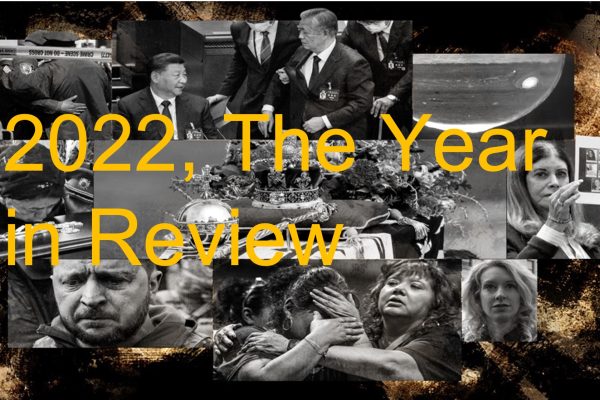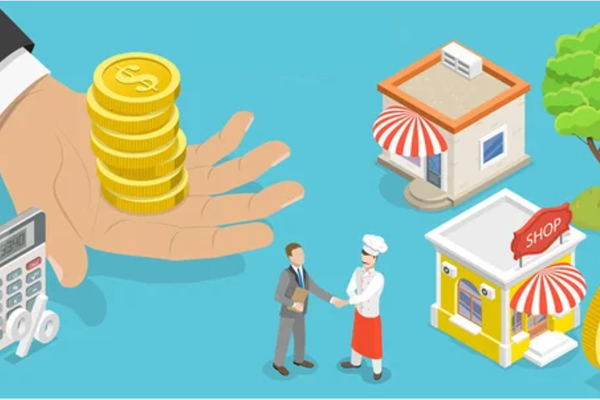– Madhusudana
How is it that in the 21st Century, there is so much wealth, and still there is so much poverty? The history of humanity is the history of the struggle over scarce resources. From prehistoric times until the relatively recent past, human beings have continually struggled over limited resources to provide for their survival.
It is understood that around the world, resources are not distributed evenly. You will not find much water in the desert. But taken as a whole, there are sufficient resources around the world to provide for the survival of humanity. But the issue of scarcity is not one of the resources but rather one of accessibility.
In the 18th and 19th Centuries, the industrial revolution in the Western countries significantly improved workers’ productivity. And then with automation that developed in the late 20th Century, productivity increased even more, so that now we can say that, globally, we have moved into a post-scarcity economy. There are not only enough resources for everyone’s survival, but they are also accessible.
So why is there still poverty? The answer is simple: greed. There are enough resources in the world to satisfy everyone’s needs, but not enough to satisfy everyone’s greed.
So what is greed? Greed is the desire to acquire more than what is needed, or even more than a person could practically use. But this is thinking from an economy of scarcity. If there is not enough for everyone, a person will have to accumulate more to ensure their survival. But in the current socio-economic climate, this is unnecessary.
To change this, the capitalistic creed of every person for themselves must be changed. As a society, it is our moral obligation to recognize that no longer should anyone suffer for lack of the basic necessities of life: food, clothing, health care, education, and housing. It is time to establish these things as basic human rights that society must ensure for everyone. Guaranteeing the basic necessities of life is one of the fundamental principles of PROUT.
This is not idealism. Society is slowly coming to recognize this as a social and economic imperative. Efforts for universal healthcare, universal education and pre-school, understanding and elimination of food deserts (areas in communities where food resources are not available), and efforts for more low-income housing are underway all over the United States and in other countries. Commendable as these efforts are, they are just a cover-up for the inadequacies of capitalism.
In the US Congress, Congresswoman Alma Adams of North Carolina recently proposed a constitutional amendment to the US Constitution to declare access to nutritious food, adequate education, universal healthcare, and housing to be a human right. It is not surprising that you have not heard of that.
Capitalism has one primary defect. It puts profits before people. A neo-humanistic socio-economic system will not eliminate profits (though the nature of profits would be changed); it will put people before profits. To do this, the entire socio-economic system has to be changed.





